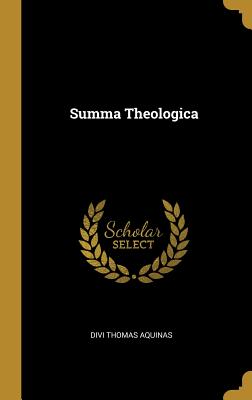

The first person to use the term theological virtues was the philosopher Thomas Aquinas (1225-1274) in his text Summa Theologica (Wawrykow, J., “The Theological Virtues,” The Oxford Handbook of Aquinas, Davies and Stump, ed., Oxford University Press, 2012).Īquinas and many after him base this grouping of theological virtues on the apostle Paul’s famous treatise on love in 1 Corinthians 13, which ends in verse 13: “And now these three remain: faith, hope and love. Love is the virtue of seeking what is best for the loved one. Hope is the virtue of being confident in our eternal life in Christ. In Catholic theology, the theological virtues are often compared to the cardinal virtues, such as self-control and courage, which are human virtues developed by knowledge and making right choices.įaith is the virtue of belief in God. A virtue is a particular moral excellence (and the theological virtues are the most excellent qualities that humans can have, as they come only from God and lead back to God. The theological virtues are faith, hope, and love (sometimes written as “charity”).


 0 kommentar(er)
0 kommentar(er)
